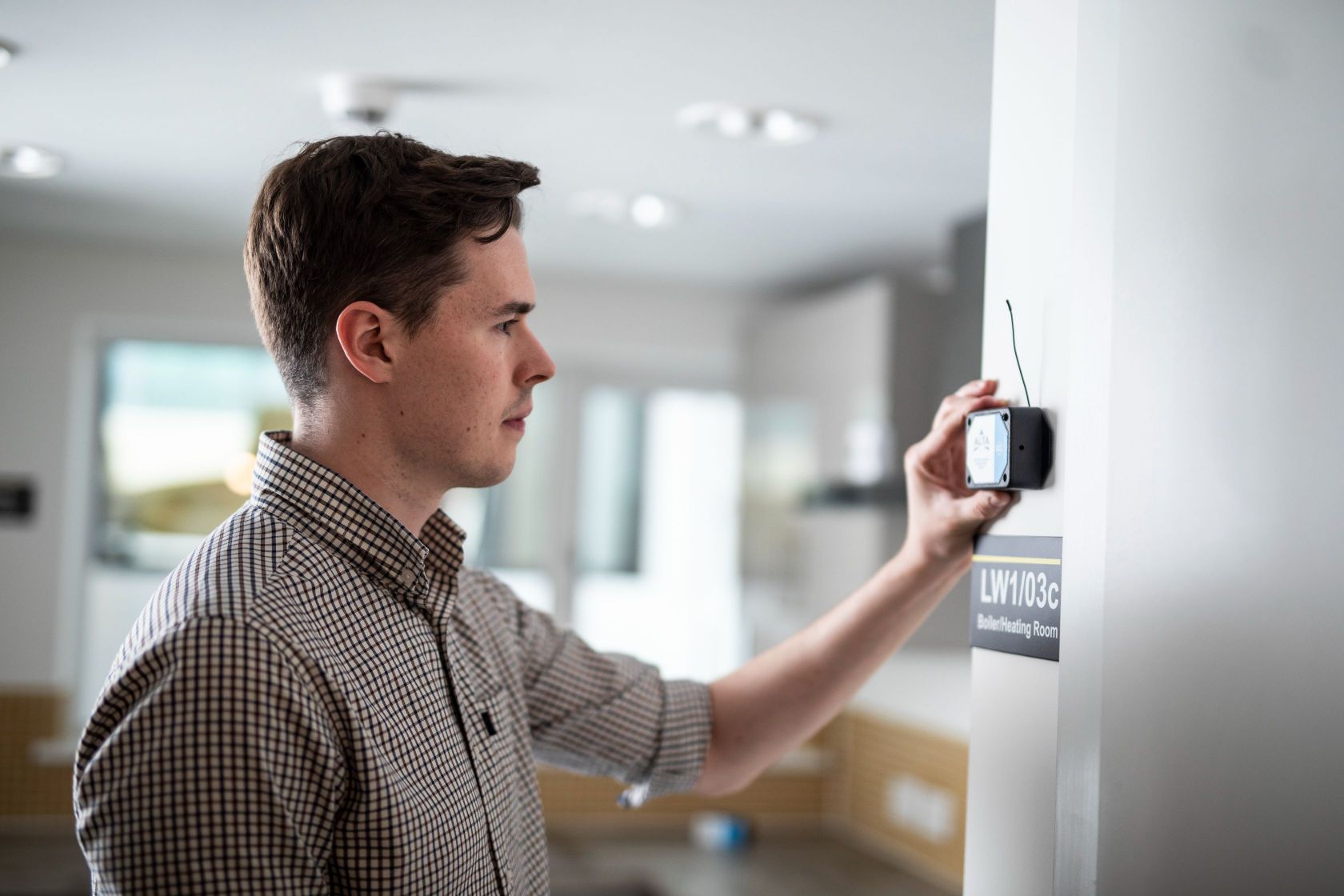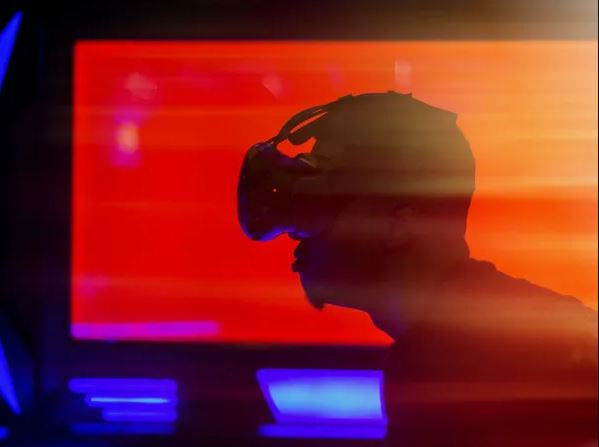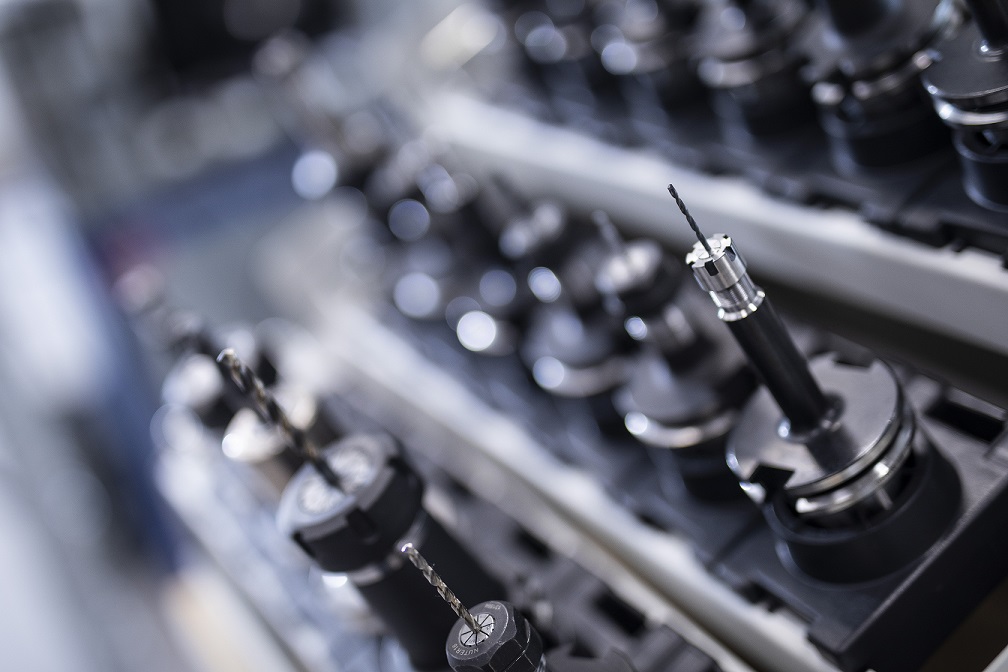
Research Areas




Visual Analytics
1. Designing of visual analytics platform for smart building
Data visual analytics and visualization empower analysts and decision-makers to recognize and evaluate patterns and trends and identify anomalies and outliers. However, a precise and correct decision-making process is a key barrier to exploring and automating relevant, practical, and actionable insights from data. Therefore, to address this challenge, a visualization framework is proposed. This framework investigates how the data exploration and visualization process automate by identifying, evaluating, and visualizing the trends and pattern.
2. A case study of energy consumption using visual analytics
The increase in energy tariff across the world has already raised concern about the huge consumption of energy in various household. The global contribution of buildings in energy consumption of both residential and commercial is gradually approaching 20% to 40% in developed countries. this consumption rate has exceeded other major sectors like transportation and industrial comsumptions.
In this paper, we are focusing on energy consumed in some residential areas in respect to different demography occupying the building.
3. Integration of augment reality and computational fluid dynamics tools for moisture/humidity identification and visualization in indoor environment
Various human health effects, aesthetic, and structural damage to buildings have been attributed to mould in indoor domestic and commercial environments. It can be caused by high relative humidity in ambient air which condenses into water droplets to form damp. These can deposit on surfaces under poor ventilation conditions, and in some cases under good ventilation but depending on the prevailing climatic conditions such as rain and season. Augmented reality tools have become attractive in providing immersive three-dimensional experience of real-world environments and can be used to visualise damp and mouldy hotspots in buildings. They are extremely popular in the video game industry as they superimpose or “augment” visual and other sensory input on the real world and puts it into the viewer’s eyesight as fast as possible. This has significant potential to aid the fight against dangerous respiratory infections that can occur from mouldy indoor spaces. This project aims to use computational fluid dynamics CFD results (which show predicted path lines and concentration of water droplets in the air and its subsequent deposition hotspots) to simulate and predict droplet transport in the Smart House. The results will then be integrated with commercially available augmented reality mobile devices to visualise droplet and damp hotspots in real-time.
Predictive behavioral modeling in a smart care home for Alzheimer’s patients
Alzheimer’s is the most common brain failure for which no cure has yet been found. Agitation in Patients with Alzheimer’s has been acknowledged by caregivers as a key worry. It is crucial to investigate a technical solution that can be utilized to foresee agitation events and differentiate between agitation and non-agitational episodes. Recently, machine learning (ML) has been suggested as a practical technique for managing illness development and prognosis. Numerous ML techniques have been applied to detect diseases and enhance clinical workflow. In this project, I am planning to use machine learning techniques to predict agitation episodes and to create a feasible environment for Alzheimer’s patients in a smart care home. So that we can avoid agitation episodes.
Audio Analytics
3D Sound field analysis and fault prediction in and out of the smart home environment
This research project will seek to explore and redefine the state of the art in intelligent audio monitoring for both fault detection and fault prediction in and out of the smart home environment. Research will be undertaken that will explore and extend the current methods of audio capture with a view to enabling low cost, non-intrusive real-time 3D sound field analysis and modelling.
Audio event classification often works very well if presented with audio similar to the training sets provided but tend to underperform in less-than-ideal listening environments. AI will play a crucial role in improving performance and will feature heavily in the research project.
Noise ingress and sound source monitoring/detection within the smart home environment will enable optimisations to be made with respect to build mechanisms and usage. Services (Gas, Water, etc.) and appliance audio monitoring solutions will be explored which will result in a complete audio / time signature of the home to be created, both in terms of energy usage, fault prediction and detection.
The project will focus on methods in which audio can be captured, in particular on low cost / low power distributed and connected methods. Cloud utilisation will enable the exploration of condition monitoring and control remotely. The project will look to extend the methods explored to wider use, for example, remote monitoring and fault diagnosis of plant systems.
The advent of low power but highly optimised processing devices now enables edge-based processing of audio to be performed. This greatly reduces throughput of data, offers much better price/performance, and offers greater accessibility at lower cost.
This combined with the ability to connect smart audio devices remotely allows for huge potential in their usage to support and predict service usage, appliance usage and potential faults.
Current 3D mapping of acoustic spaces is generally performed with specialist and expensive equipment. The proliferation of low power transducers combined with the rise in edge-based technology opens up the possibility of more intelligent solutions that offer greater depth of data to the end user.
Conducting this study in the Smart Home facility will be essential to ensure the ecological validity of the result from the study. Real world data with respect to audio capture, response, processing would all be possible in a controlled but relevant scenario.
Smart Manufacturing
1. A Smart diagnosis robot based on an active acoustic arrays
The project will investigate the intelligence for the diagnosis of the abnormal machinery in different processing industries such as petrochemical and steel production lines, which are often of a large-scale with multiple machines and high risk environments.
A robot with airborne acoustic arrays will be developed to build a cost effect monitoring platform for such scenarios. Specifically, the arrays will be automatically tuned for different purposes. When the robot patrols in a defined route the array will be configured automatically with large dimensions to scan large area for abnormal sounds. Once an abnormal sound is detected the array will be reconfigured based on sound directions and spectrum so that the acoustic information can not only direct the robot to move closer to the abnormal sources but also adaptively refine the information to identify the root and cause of the faults detected. The key technologies will be researched in the directions of sound beam forming, wavelet based denoising, cross modulation spectrum analysis and intelligent algorithms along with the new advances in the topic of indoor robot positioning.
Electricity use in smart homes and efficient control of those consumption patterns are major concerns. Through smart home technology, customers use smart-grid technology, which generates electricity from different electronic gadgets and can range from low to high levels of electricity consumption. Still, the demand-to-supply disparity for electricity is evident; discrepancies occur due to varying weather profiles, such as temperature, wind speed, dew point, humidity, and electricity consumption location pressure.This project is aimed at solving power supply and demand concerns by constructing a regression model for energy consumption predictions based on weather conditions, by using a machine learning platform. Six methodologies which are Support Vector Machine, Linear Regression, Decision tree, Random Forest, k-Nearest Neighbour, and Neural Networks are proposed algorithm of the forecasting model.
This ambitious, multidisciplinary project will aim to develop a novel “Internet of Acoustic Things (IoAT)” technology for smart houses, which can transform an existing room within a house into an acoustically enhanced or different virtual environment with a reduced perceived annoyance from noise. Benefiting from the supervisory team’s expertise in virtual acoustics, embedded DSP, active noise control, condition monitoring as well as health research, this project will conduct world-first research into IoAT sensing and reproduction techniques, user motion tracking for adaptive acoustic processing, edge-based signal processing for active de-noise, de-reverberation and virtual acoustic rendering, and subjective quality of experience and biometric reactions. The project will deliver a step-change in the way people perceive indoor soundscape and help enhance their quality of life.
Examples of possible applications of the project outcomes include (i) transforming a kitchen with a high level of reverberation, which could significantly increase noise-induced stress, into a pleasant-sounding virtual park, (ii) turning a bed room into a concert hall where the user can practice singing as if s(he) is physically in that space, and (iii) reducing external noise level perceived in a living room adaptive to the user’s position.
Soundscape approaches for reducing noise-induced annoyance and improving citizen’s wellbeing are currently one of the most discussed topics among numerous government bodies and at the international standard organisation. Traditionally, noise problems within a house would have to be address by acoustic design and treatment, which have many practical constraints due to cost, existing room structure, etc. The proposed project, however, will provide an innovative solution that can not only reduce noise, but also acoustically transform an existing room into a different virtual environment for reducing stress and enhancing people’s quality of life in home environments.
This will be the world-first project to investigate IoAT-based de-reverberation and de-noise within an acoustic space in the context of health and quality of life. The outcomes of the project will have high potential to be published in top-quality REFable journals. The methods can also be exploited for developing new commercial products (e.g. IoAT sensor/speaker/media device), producing significant economic and societal impacts.